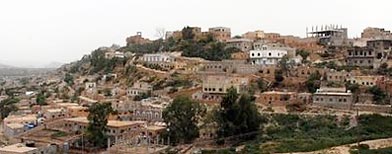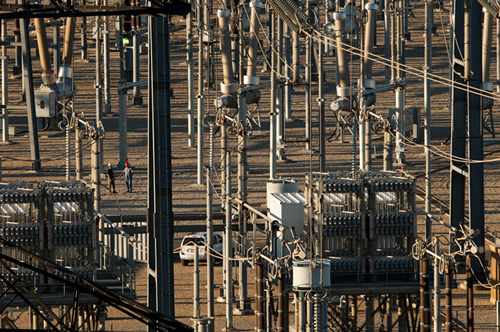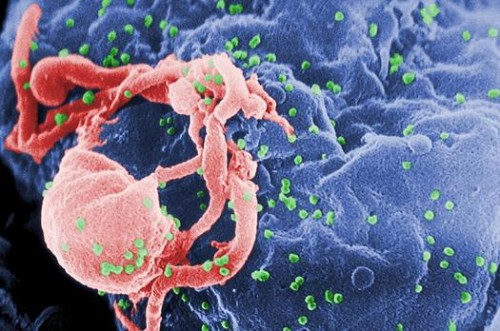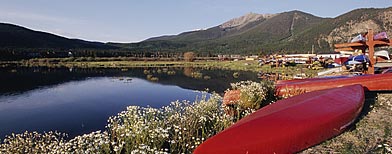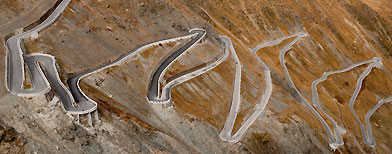Remarks of President Barack Obama
As Prepared for Delivery
Weekly Address
July 10, 2010
Last weekend, on the Fourth of July, Michelle and I welcomed some of our extraordinary military men and women and their families to the White House.
They were just like the thousands of active duty personnel and veterans I’ve met across this country and around the globe. Proud. Strong. Determined. Men and women with the courage to answer their country’s call, and the character to serve the United States of America.
Because of that service; because of the honor and heroism of our troops around the world; our people are safer, our nation is more secure, and we are poised to end our combat mission in Iraq by the end of August, completing a drawdown of more than 90,000 troops since last January.
Still, we are a nation at war. For the better part of a decade, our men and women in uniform have endured tour after tour in distant and dangerous places. Many have risked their lives. Many have given their lives. And as a grateful nation, humbled by their service, we can never honor these American heroes or their families enough.
Just as we have a solemn responsibility to train and equip our troops before we send them into harm’s way, we have a solemn responsibility to provide our veterans and wounded warriors with the care and benefits they’ve earned when they come home.
That is our sacred trust with all who serve – and it doesn’t end when their tour of duty does.
To keep that trust, we’re building a 21st century VA, increasing its budget, and ensuring the steady stream of funding it needs to support medical care for our veterans.
To help our veterans and their families pursue a college education, we’re funding and implementing the post-9/11 GI Bill.
To deliver better care in more places, we’re expanding and increasing VA health care, building new wounded warrior facilities, and adapting care to better meet the needs of female veterans.
To stand with those who sacrifice, we’ve dedicated new support for wounded warriors and the caregivers who put their lives on hold for a loved one’s long recovery.
And to do right by our vets, we’re working to prevent and end veteran homelessness – because in the United States of America, no one who served in our uniform should sleep on our streets.
We also know that for many of today’s troops and their families, the war doesn’t end when they come home.
Too many suffer from the signature injuries of today’s wars: Post-Traumatic Stress Disorder and Traumatic Brain Injury. And too few receive the screening and treatment they need.
Now, in past wars, this wasn’t something America always talked about. And as a result, our troops and their families often felt stigmatized or embarrassed when it came to seeking help.
Today, we’ve made it clear up and down the chain of command that folks should seek help if they need it. In fact, we’ve expanded mental health counseling and services for our vets.
But for years, many veterans with PTSD who have tried to seek benefits – veterans of today’s wars and earlier wars – have often found themselves stymied. They’ve been required to produce evidence proving that a specific event caused their PTSD. And that practice has kept the vast majority of those with PTSD who served in non-combat roles, but who still waged war, from getting the care they need.
Well, I don’t think our troops on the battlefield should have to take notes to keep for a claims application. And I’ve met enough veterans to know that you don’t have to engage in a firefight to endure the trauma of war.
So we’re changing the way things are done.
On Monday, the Department of Veterans Affairs, led by Secretary Ric Shinseki, will begin making it easier for a veteran with PTSD to get the benefits he or she needs.
This is a long-overdue step that will help veterans not just of the Afghanistan and Iraq Wars, but generations of their brave predecessors who proudly served and sacrificed in all our wars.
It’s a step that proves America will always be here for our veterans, just as they’ve been there for us. We won’t let them down. We take care of our own. And as long as I’m Commander-in-Chief, that’s what we’re going to keep doing. Thank you.


